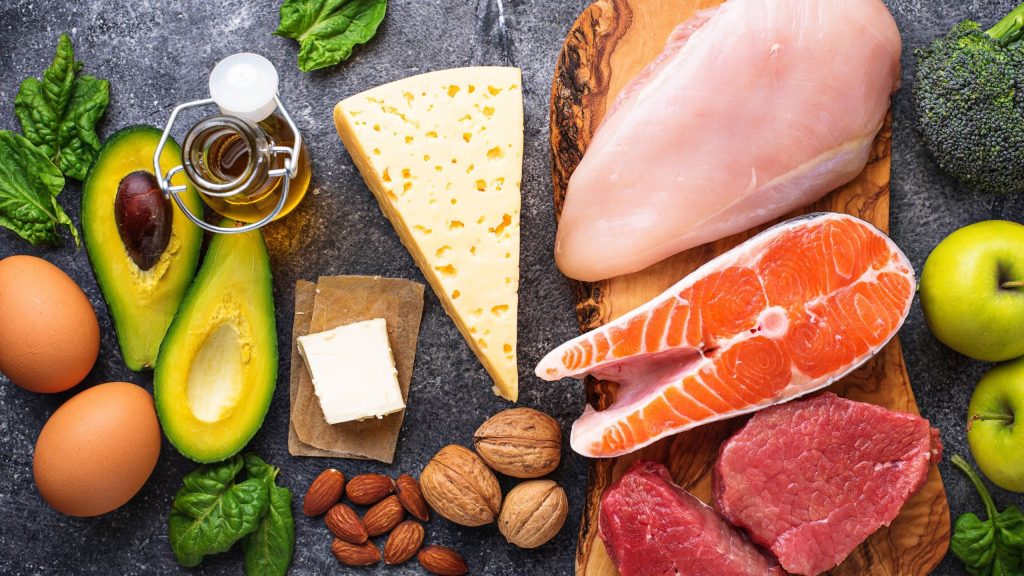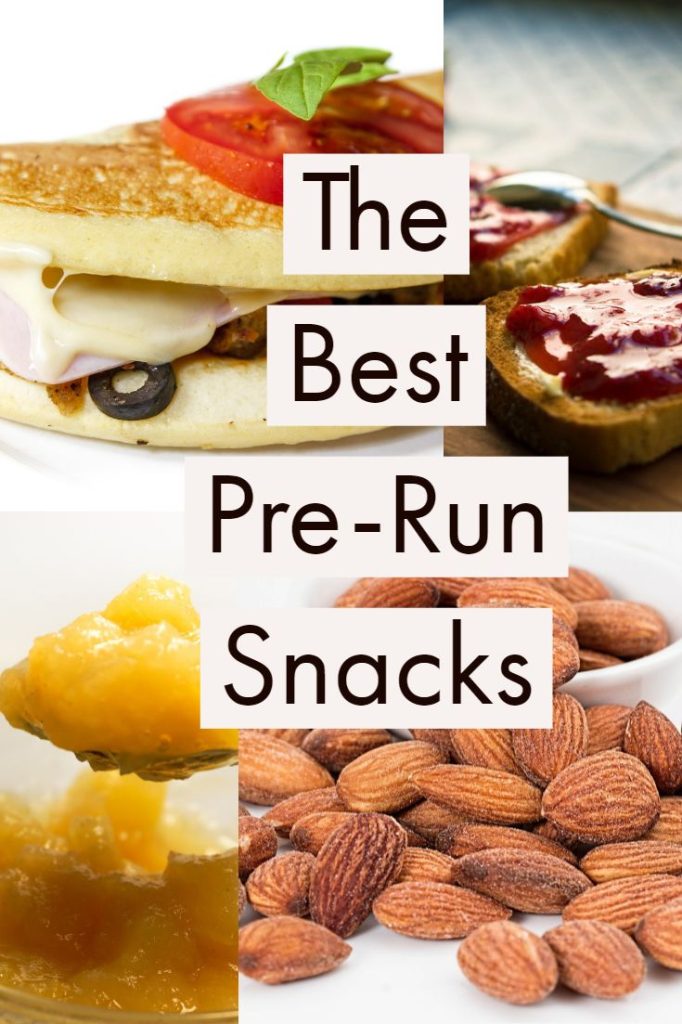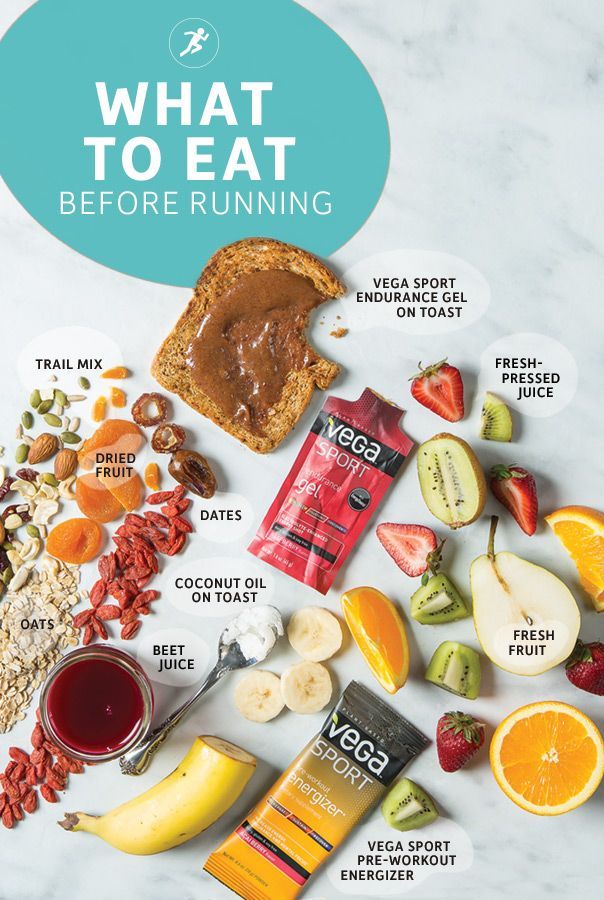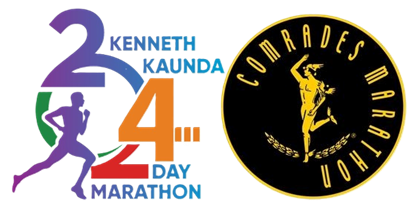RUNNER'S DIET GUIDE
For runners, diet and nutrition are crucial not only for maintaining good health but also to promote peak performance. Proper nutrition and hydration can make or break a workout or race and affect how you feel, work, and think. |
One of the most common questions new runners have is what they should eat before, during, and after running. While everyone is different (so it’s important to pay attention to how you feel and make adjustments), some basic guidelines for a runner’s diet can help you get started. |
NUTRIENTS RUNNERS NEED

Eating right can help you have the energy you need during your runs. A balanced diet for healthy runners should include all the essentials: carbohydrates, protein, fats, vitamins, and minerals. |
While they should be used along with a proper diet, some of these best supplements for runners can help improve performance. |
CARBOHYDRATES
Without a doubt, carbs are the best source of energy for athletes. Carbohydrates should make up about 60% to 65% of the total calorie intake for most runners. However, some runners (such as sprinters) may need more than 70%, and some endurance runners may need as little as 50%.
Research has shown that our bodies work more efficiently with carbs than they do with proteins or fats for both quick and long-lasting energy. Good choices include:
- Fruit
- Potatoes
- Starchy vegetables
- Steamed or boiled rice
- Whole grain bread
- Whole grain pasta
Whole-grain foods are less processed, meaning they retain more of the nutrition the grain naturally provides. Choosing whole-grain pasta over white, for example, provides you with more nutrients, including B vitamins (niacin, thiamine, folate), fiber, zinc, iron, magnesium, and manganese. Whole grains also contain fiber, which can help you feel fuller longer.
PROTEIN
Protein is used for some energy and to repair tissue damaged during training. In addition to being an essential nutrient, protein keeps you feeling full longer, which helps if you’re trying to lose weight.
Protein should make up about 10% to 35% of your daily intake. However exercise physiologists often use a formula based on weight to determine a more accurate amount.
Endurance athletes need more protein than sedentary individuals. Runners, especially
those running long distances, should consume 1.2 to 1.4 grams of protein per kilogram of body weight per day. Try to concentrate on protein sources that are low in fat and cholesterol, such as:
- Beans
- Eggs
- Fish
- Poultry
- Lean meats
- Low-fat dairy products
- Whole grains
One egg satisfies about 12.6% percent of your daily protein needs, and the amino acids in eggs will help with muscle repair and recovery. Eating two eggs per day provides about 10% to 30% of all human vitamin requirements, except vitamin C.
FAT
A high-fat diet can quickly pack on the pounds, so try to ensure that no more than 20% to 35% of your total diet comes from fats. Stick to foods low in saturated fats and cholesterol.
Foods such as nuts, oils, and cold-water fish provide essential fats omega-3s which are vital for good health and help prevent certain diseases. The National Institutes of Health recommends 500 mg to 1,600 mg of omega-3 fatty acids daily (1,100 mg for females ages 18 and up and 1,600 mg for adult males).
VITAMINS AND MINERALS
Runners don’t get energy from vitamins, but these micronutrients are still essential. Exercise may produce free radicals, which can damage cells, and vitamins C and E can neutralize these substances. Minerals are also of particular importance when it comes to running. Important ones include:
Calcium: A calcium-rich diet is essential for runners to prevent osteoporosis and
stress fractures. Good sources of calcium include low-fat dairy products, calcium-fortified juices, dark leafy vegetables, beans, and eggs. Calcium guidelines vary. Most adults between the ages of 19 and 50 should aim for 1,000mg/day. Women over 50 need 1,200 mg/day. Younger runners (ages 9 to 18) need 1,300 mg/day.
Iron: You need this nutrient to deliver oxygen to your cells. If you don’t get enough iron in your diet, you’ll feel weak and fatigued, especially when you run. Men aged 19 to 50 should consume 8 mg of iron per day, while women of the same age should be consuming 18 mg. Good natural sources of iron include lean meats, leafy green vegetables, nuts, shrimp, and scallops.
Sodium and other electrolytes: Small amounts of sodium and other electrolytes
are lost through sweat during exercise. Usually, electrolytes are replaced if you follow a balanced diet. But if you find yourself craving salty foods, it may be your body’s way of telling you to get more sodium. Try drinking a sports drink or eating some pretzels after exercise. Particularly if you’re running longer than 90 minutes, you need to replace some of the electrolytes you’re losing through sweat by drinking sports drinks or taking in salt during your runs.
Do You Need Supplements?
The market is full of energy supplements, sports gels, chews, and protein bars that purport to provide the fuel you need to power through your runs. The reality is that, in most cases, you don’t need any of these things to stay energized before, during, or after your run.
Some do provide a good source of convenient energy when you’re on a long run. In other cases, you might simply be consuming highly processed (and often expensive) snacks that you don’t need.
TIMING YOUR PRE-RUN MEALS AND SNACKS
When you begin a run, you should feel neither starved nor stuffed. You don’t want to eat immediately before running because it could lead to cramping or annoying side stitches. But running on an empty stomach may mean you’re drained of energy and feeling exhausted during your runs.
It takes time or every runner to figure out what and when to eat before a run. Research
has yielded mixed results. For example, one study found that consuming carbs within one hour before exercise could impair performance compared to eating two to three hours before training. But the authors also noted that other studies showed a performance benefit to allowing more time between eating and training.
Another study noted that snacks or meals high in carbohydrates are commonly recommended one to four hours before higher-intensity, longer-duration exercise. But that study also suggests that what you eat before training depends on what you’ve consumed in your diet in the days preceding exercise.
As a very general rule, some running experts recommend a light meal about one
and a half to two hours before you start running, or a small snack 30 minutes to an
hour before running. It’s best to experiment during training runs and workouts to see
what works for you.
If you eat a very big meal, you should wait at least two hours before running. This is especially true if you eat foods that take a long time to digest, such as greasy, fatty, or fried foods (though it’s best to avoid these altogether before running).
If you eat something smaller, you should be fine to run about an hour after you eat,
depending on your meal choice. But everyone’s digestive system is different, so
experiment to determine what works for you.

WHAT TO EAT BEFORE A RUN
Choose something high in carbohydrates and lower in fat, fiber, and protein. Some examples include:
- A bagel with peanut butter
- A banana and an energy bar
- A bowl of cold cereal with a cup of milk
- Oatmeal with berries
- A turkey and cheese sandwich on whole-wheat bread
If you decide to start on empty, you should have enough energy stores to last for a shorter run. But if you have time for a light snack, a piece of toast with jam or half of an energy bar can be a good choice. Focus on carbohydrates and easy-to-digest foods.
If you run in the evening and it’s been a few hours since lunch (but you haven’t had dinner yet), try eating a healthy 100-calorie snack about 60 to 90 minutes before a run, unless you are used to something else. If it is within 60 minutes of a run, choose an easy carbohydrate that doesn’t exceed 30 grams of carbohydrates, like a banana.

WHAT TO EAT
- Whole grains (breads, Pasta, Quinoa)
- Lean proteins (eggs, salmon)
- Fresh fruit (bananas, berries, oranges)
- Low-fat yogurt
- Peanut butter
- Almonds
WHAT TO AVOID
- Sugar-filled drinks (especially soda)
- Spicy food
- High-fiber veggies (e.g. broccoli)
- Lactose-rich foods
- Legumes
